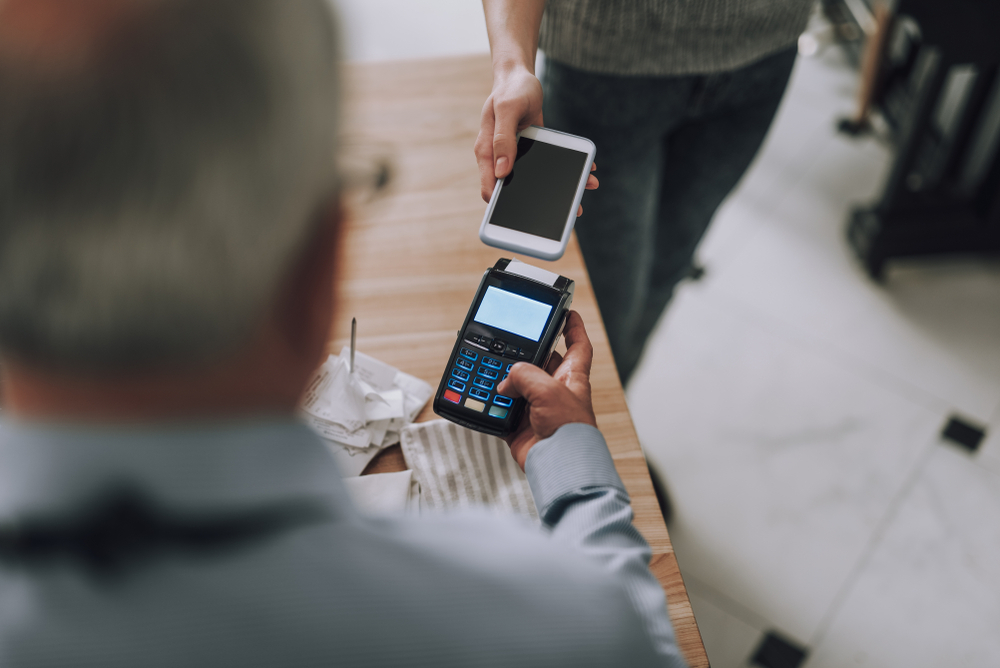In the past five years, the number of monthly contactless transactions in the UK has rocketed from 14 million in February 2014 to 644 million in February 2019.
Eric Leenders, managing director of Personal Finance for UK Finance, said back in March: “Many of us are now reaching for our cards or mobiles rather than cash to make low-value purchases, as customers opt for the convenience and security of paying with contactless”.
With the UK’s free-to-use ATMs rapidly disappearing and our use of debit cards now outstripping our use of cash, some argue that as a nation we are ready to go cashless. We are not the first nation to reach this point. In Sweden, four out of five purchases are made electronically and the country’s central bank, the Riksbanken, estimates that cash in circulation will decline by 20–50% between 2012 and 2020.
So what’s it like to live without cash? Those who have all but ditched it say it’s convenient and easy – and they have no use for cash in their day to day life.
When Huffington Post asked a 22-year-old Marketing Executive about his choice to stop using cash where possible, he said: “Cards take up less space in your wallet than cash does – and they are also easier for cashiers and vendors to deal with”.
“It’s been three years since I stopped using cash properly – which was around the time I got a contactless card but also when I became aware of things like Deliveroo and Uber.”
Nobody knows whether, in time, if the use of cash will drop so far that it becomes irrelevant. But what is already clear is UK consumers’ growing preference for card payments. Ensuring trust in card payments is therefore very important for consumers, banks and merchants alike and it is common sense to make card payments as easy and trusted as possible.
Get a free, no-obligation quote here and start offering contactless payments to your customers!
